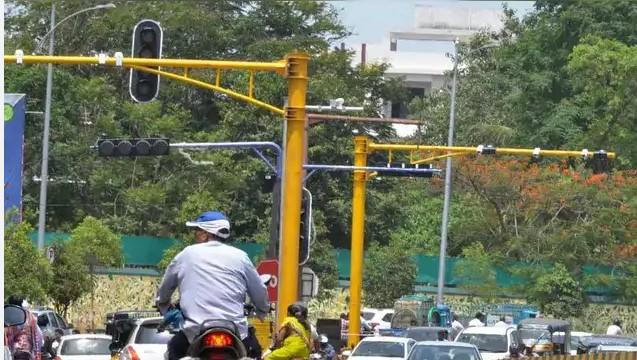The government on Friday said new regulations requiring mandatory verification and stamping of traffic radar equipment will be implemented from July 1 to improve road safety and enforcement accuracy across the country.
The Consumer Affairs Ministry has notified the rules following extensive consultations with stakeholders, including the Indian Institute of Legal Metrology, Regional Reference Laboratories, manufacturers, and vehicle certification organisations.
“These rules will come into force from July 1, 2025, providing sufficient time for industries and enforcement agencies to comply with the provisions,” the ministry said in a statement.
The new rules, which fall under the Legal Metrology (General) Rules, 2011, will apply to “microwave Doppler radar equipment” widely utilised for measuring vehicle speeds on roads.
These rules specify detailed technical and safety requirements, ensuring proper calibration, stable operation under various environmental conditions and protection against tampering. Such measures will foster a culture of technological reliability and legal accountability.
The new framework requires all speed measurement devices to undergo verification and receive official stamps before deployment. This process aims to guarantee precise readings for speed and distance measurements, crucial for traffic law enforcement.
The implementation of these rules provides significant benefits to all stakeholders across the board.For the common citizen, the mandatory verification and stamping of radar-based speed measurement equipment will ensure the accurate enforcement of speed limits, thereby preventing unfair penalties and significantly enhancing road safety.
For industries, particularly those involved in manufacturing radar-based speed-measuring devices, the new rules establish a clear technical and regulatory framework aligned with international standards.
For law enforcement agencies, the introduction of verified and stamped devices ensures a higher degree of operational effectiveness and credibility.
This initiative is a key step towards data-driven governance in traffic management. It helps reduce road fatalities, enhances discipline on highways and supports sustainable economic development by minimising the social and economic costs associated with road accidents, vehicle wear and tear, and damage to infrastructure.


